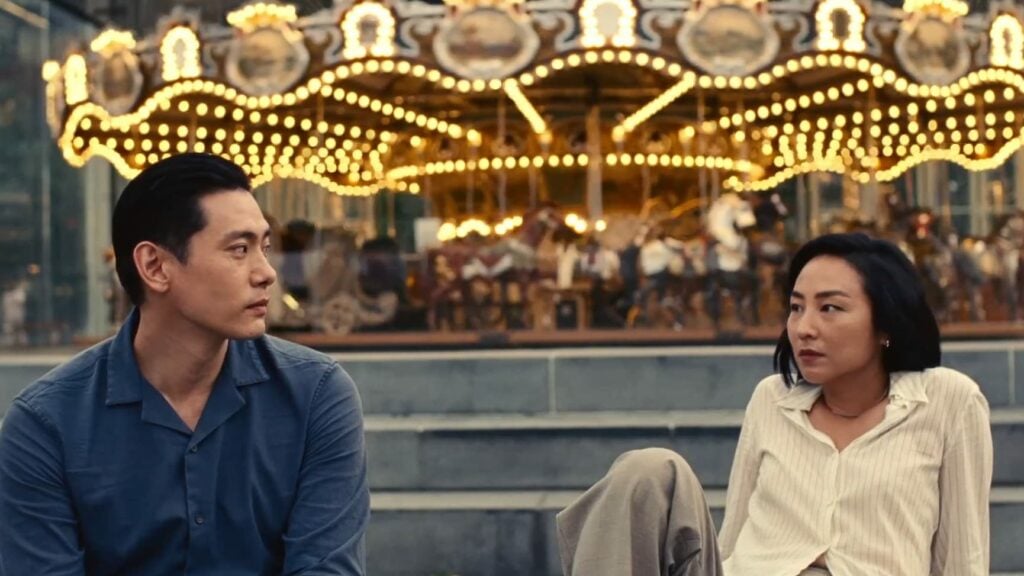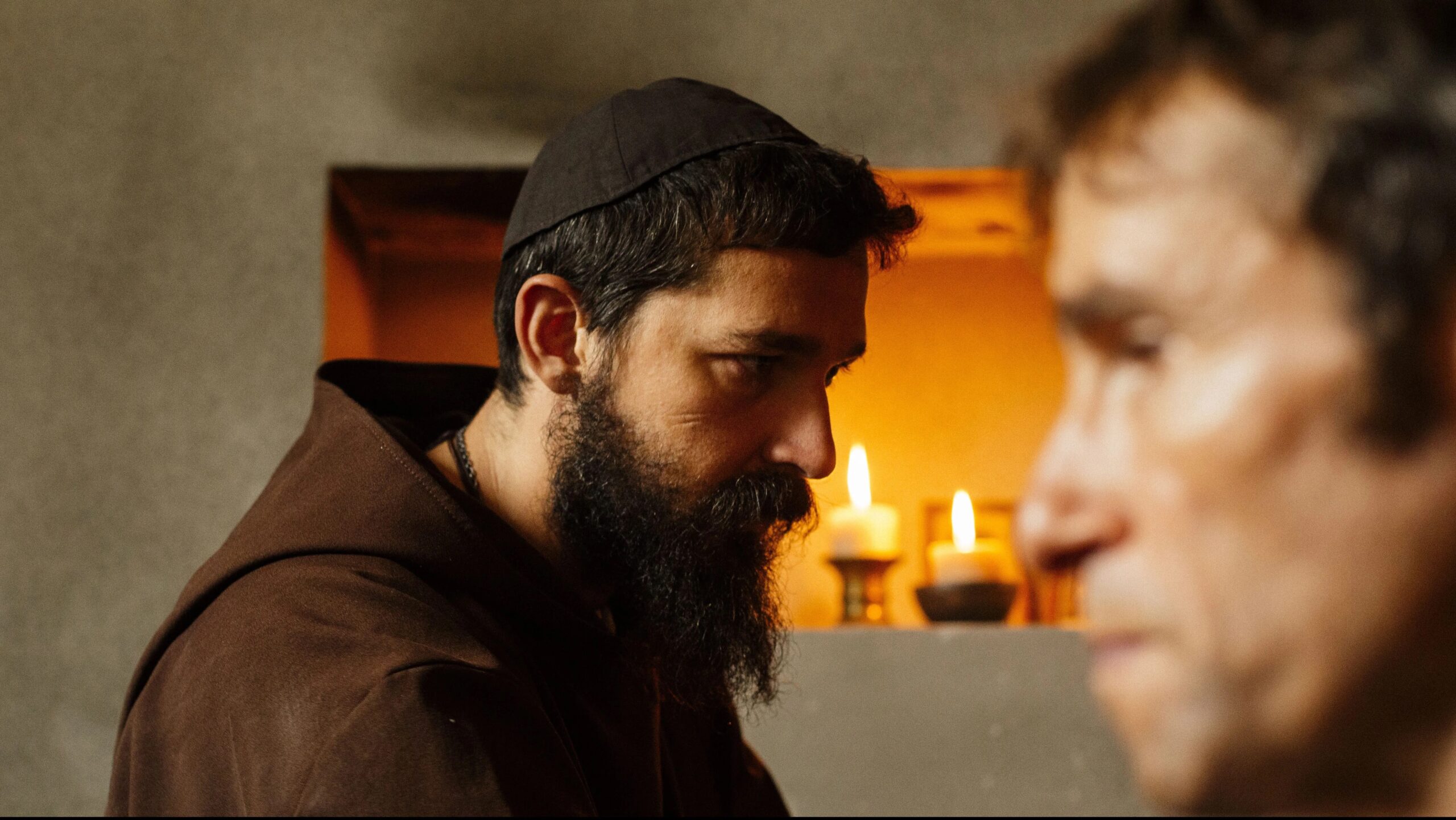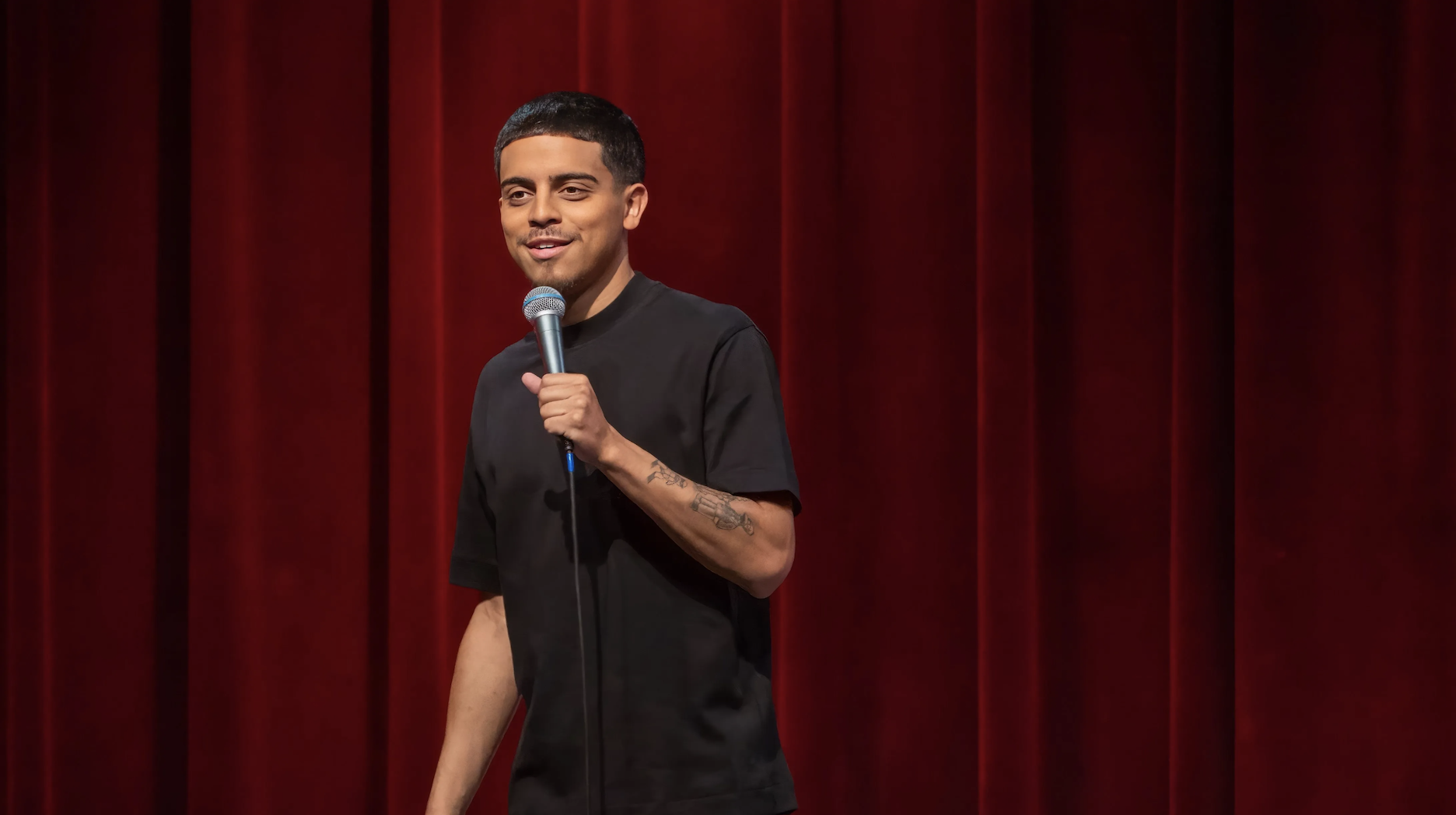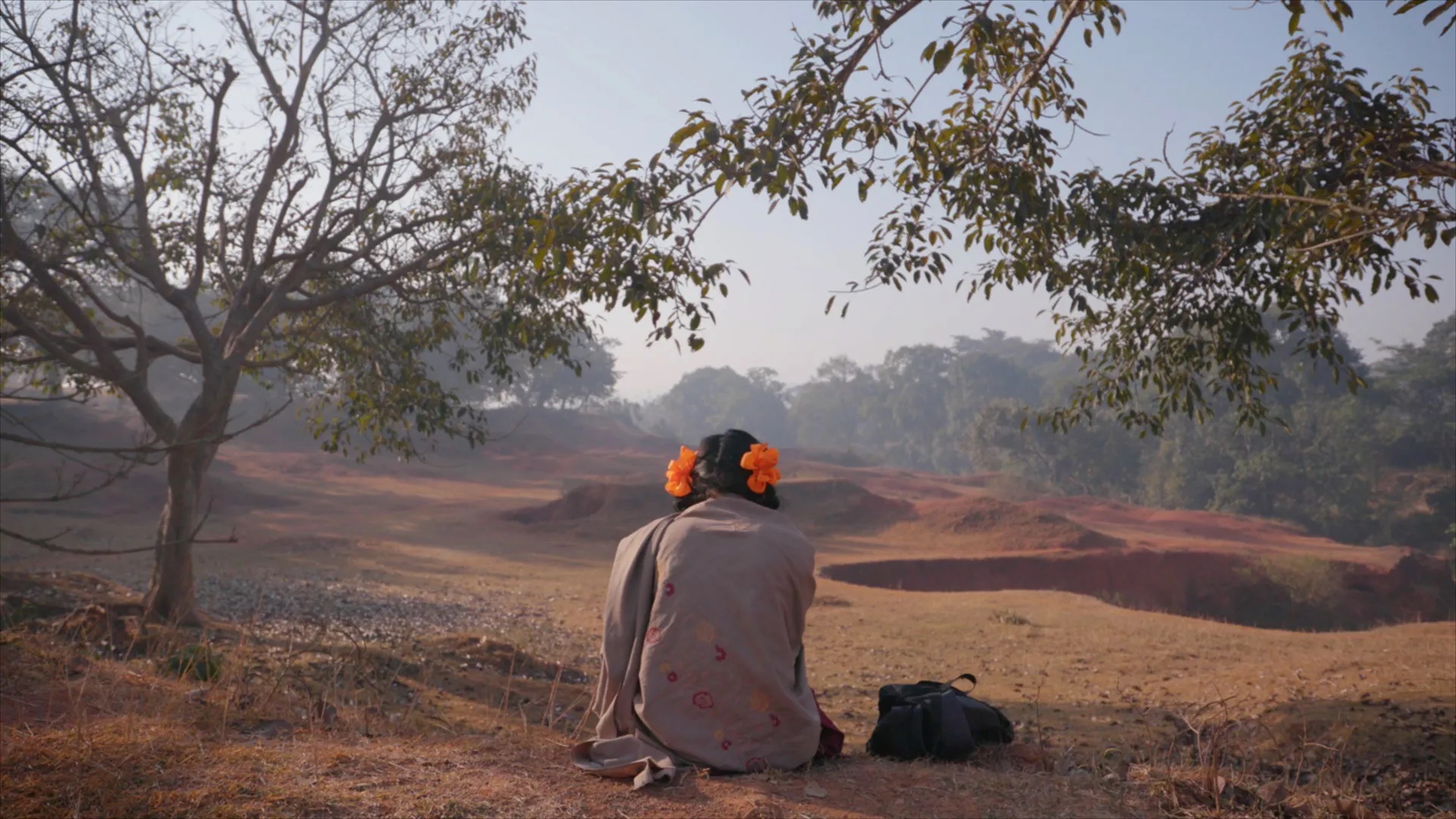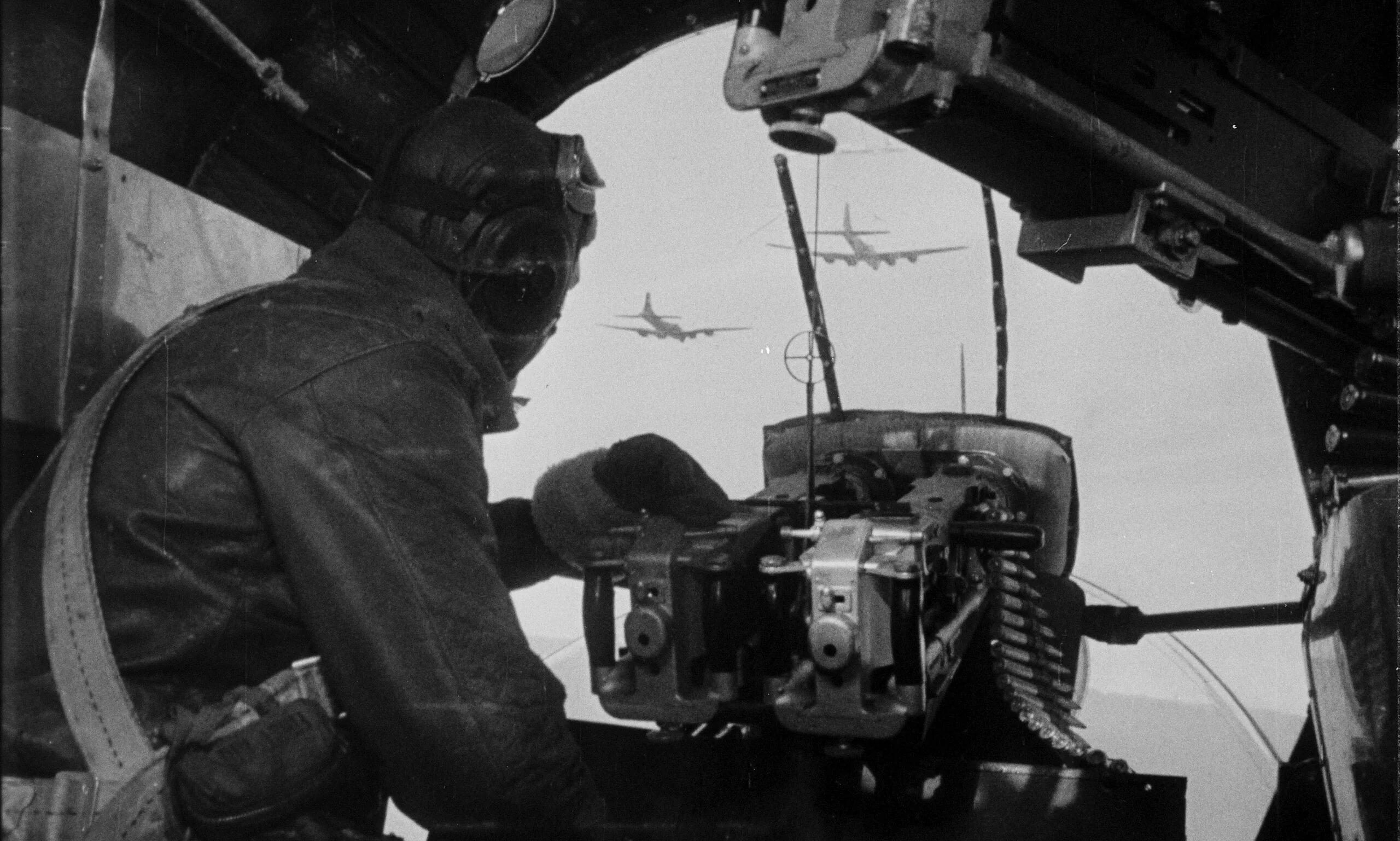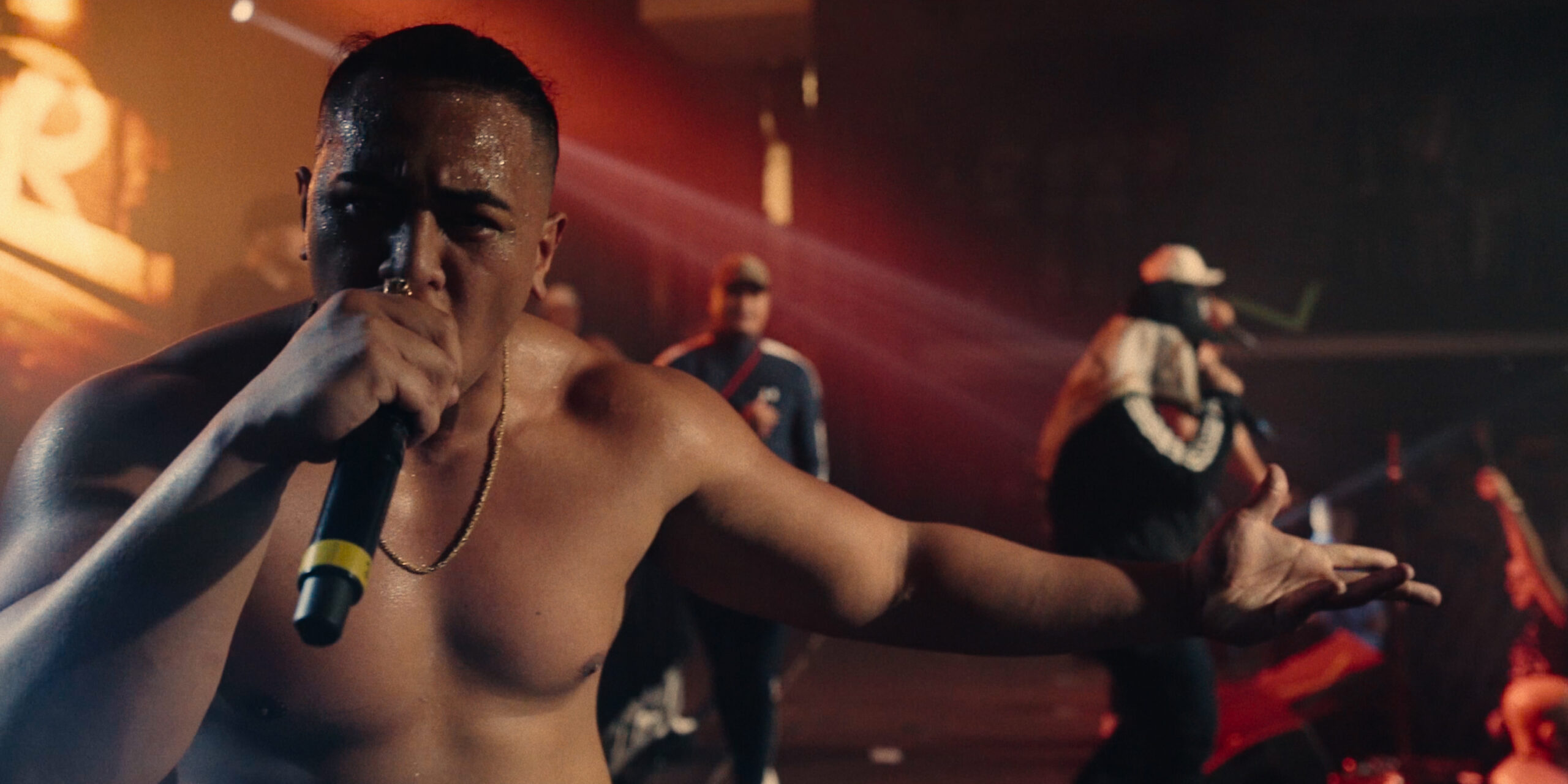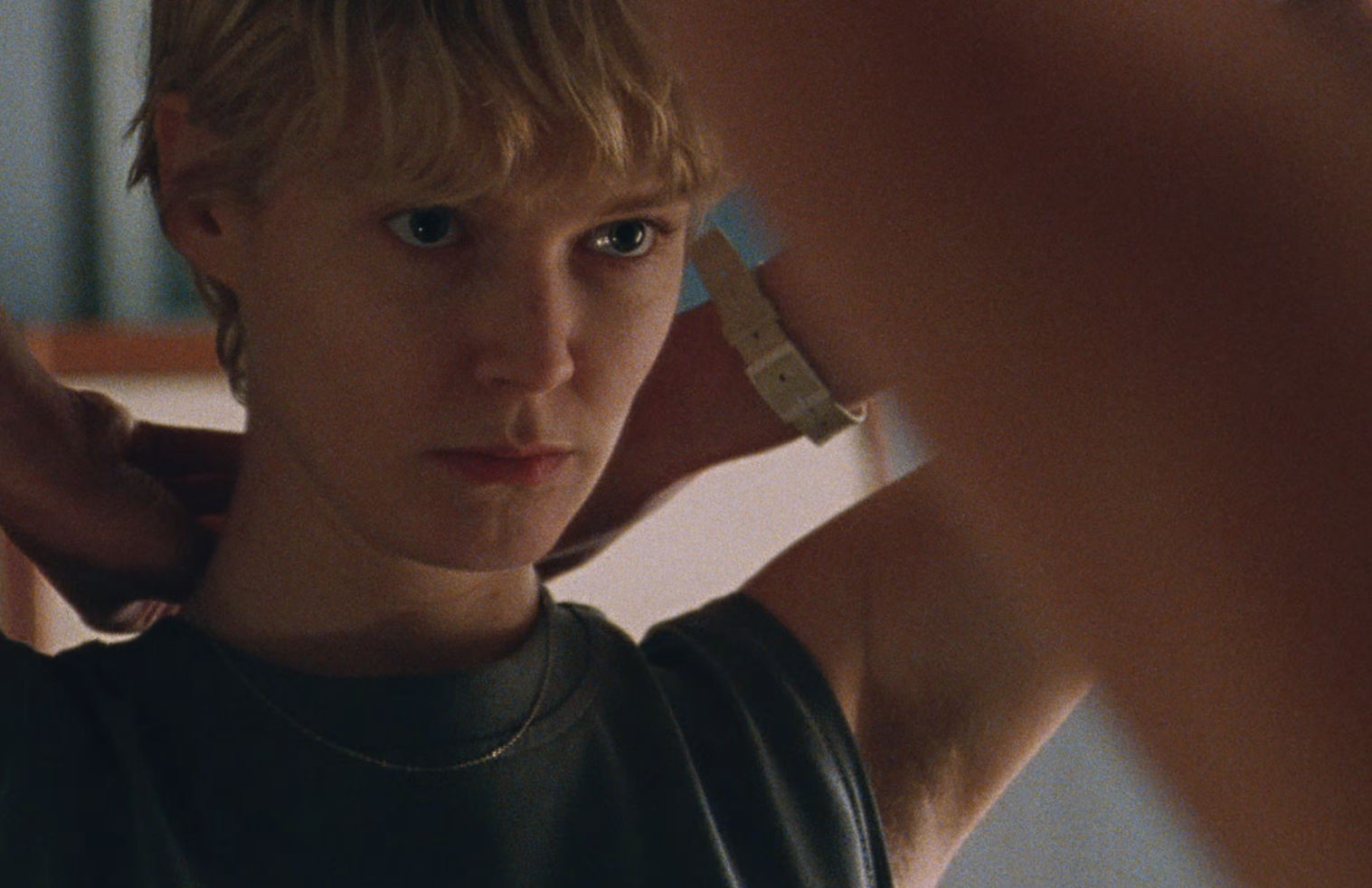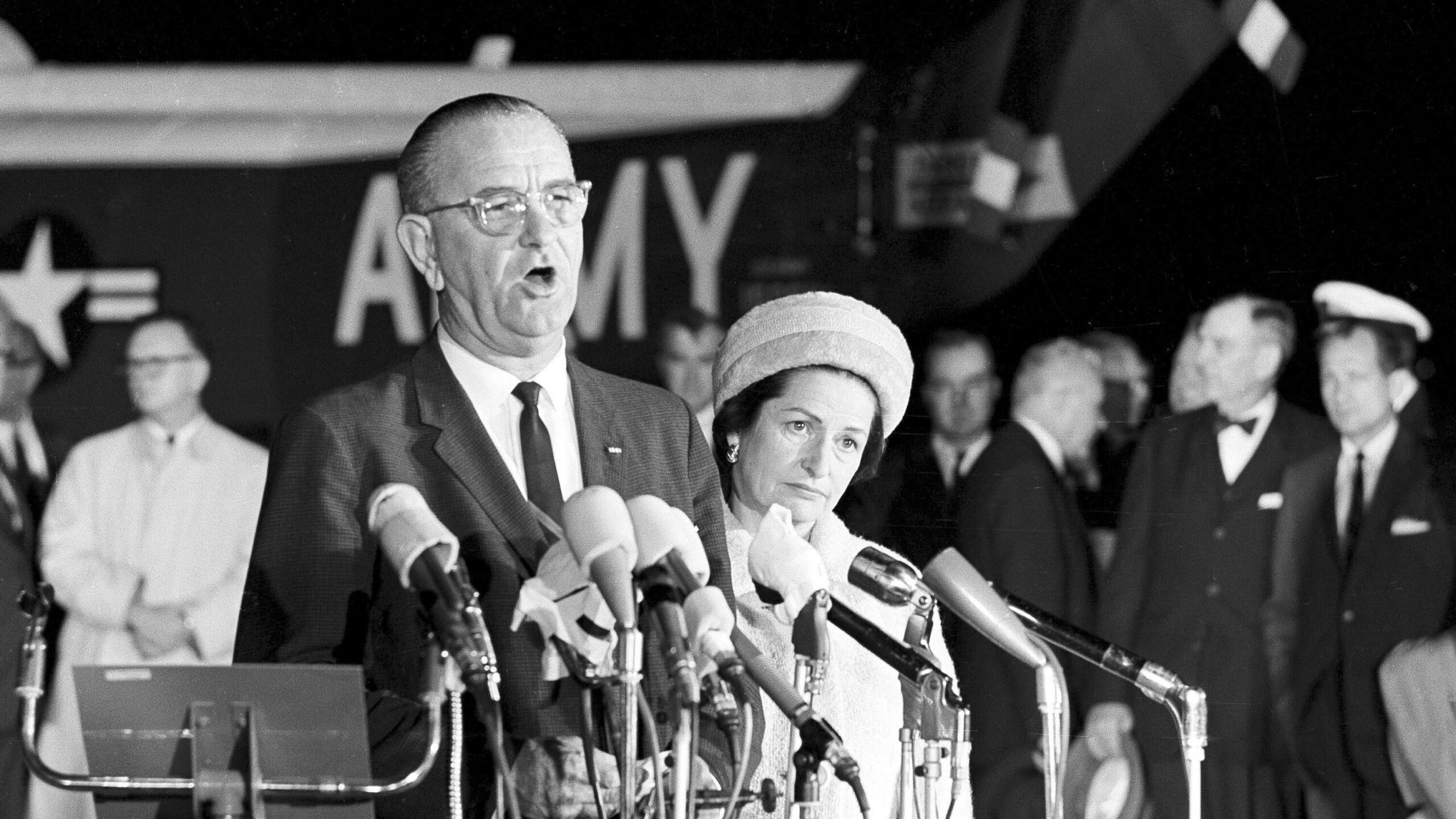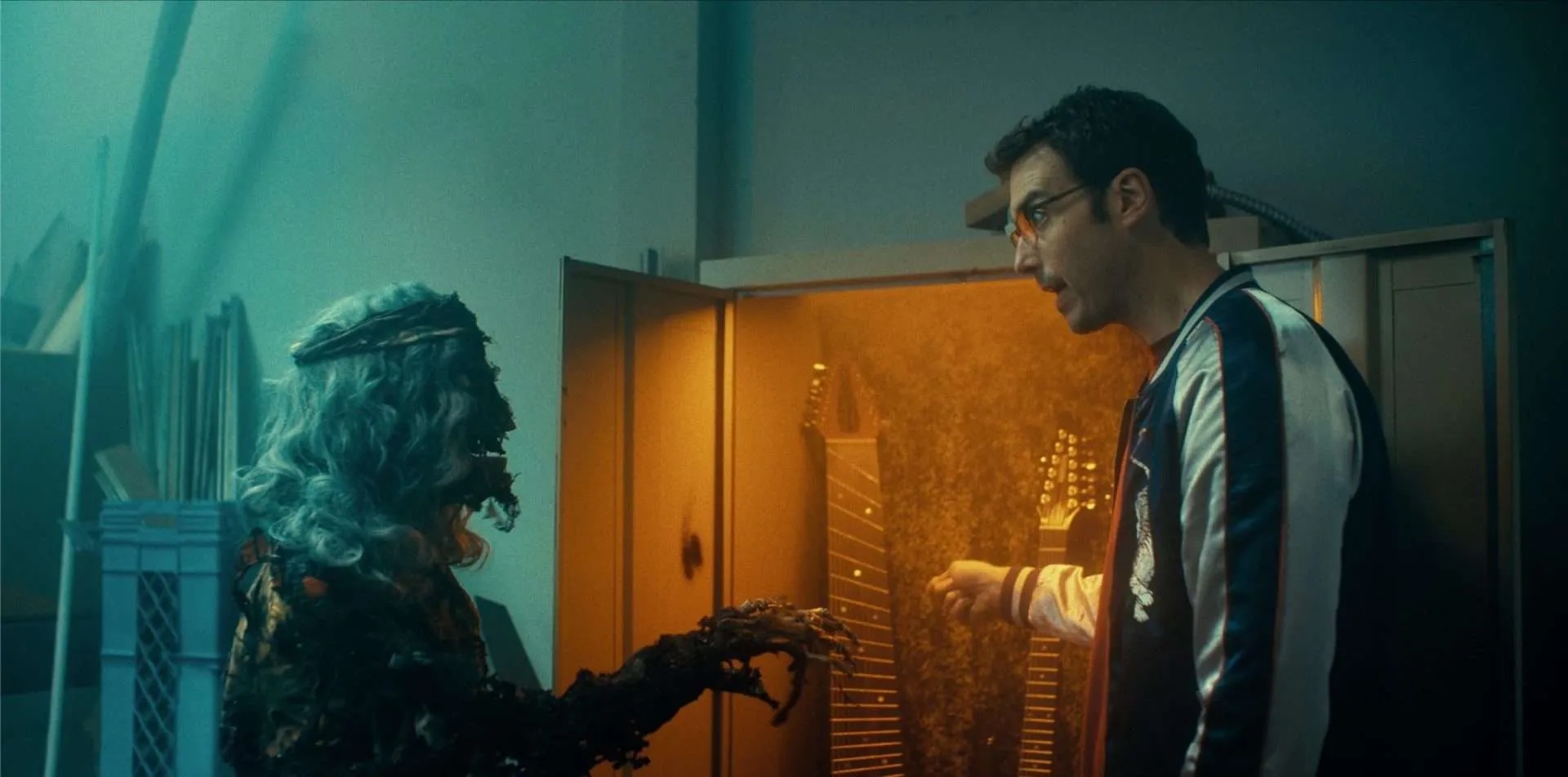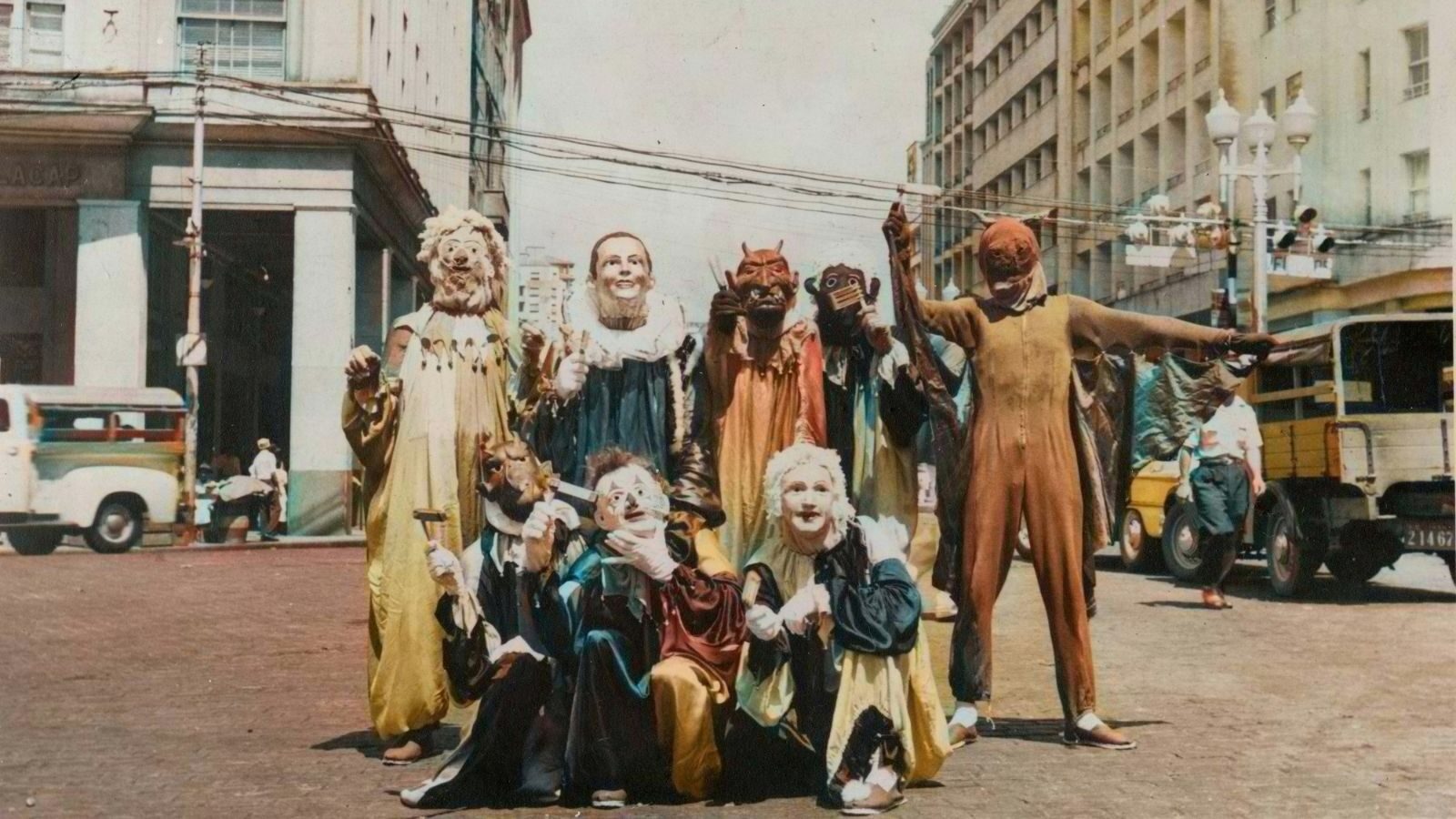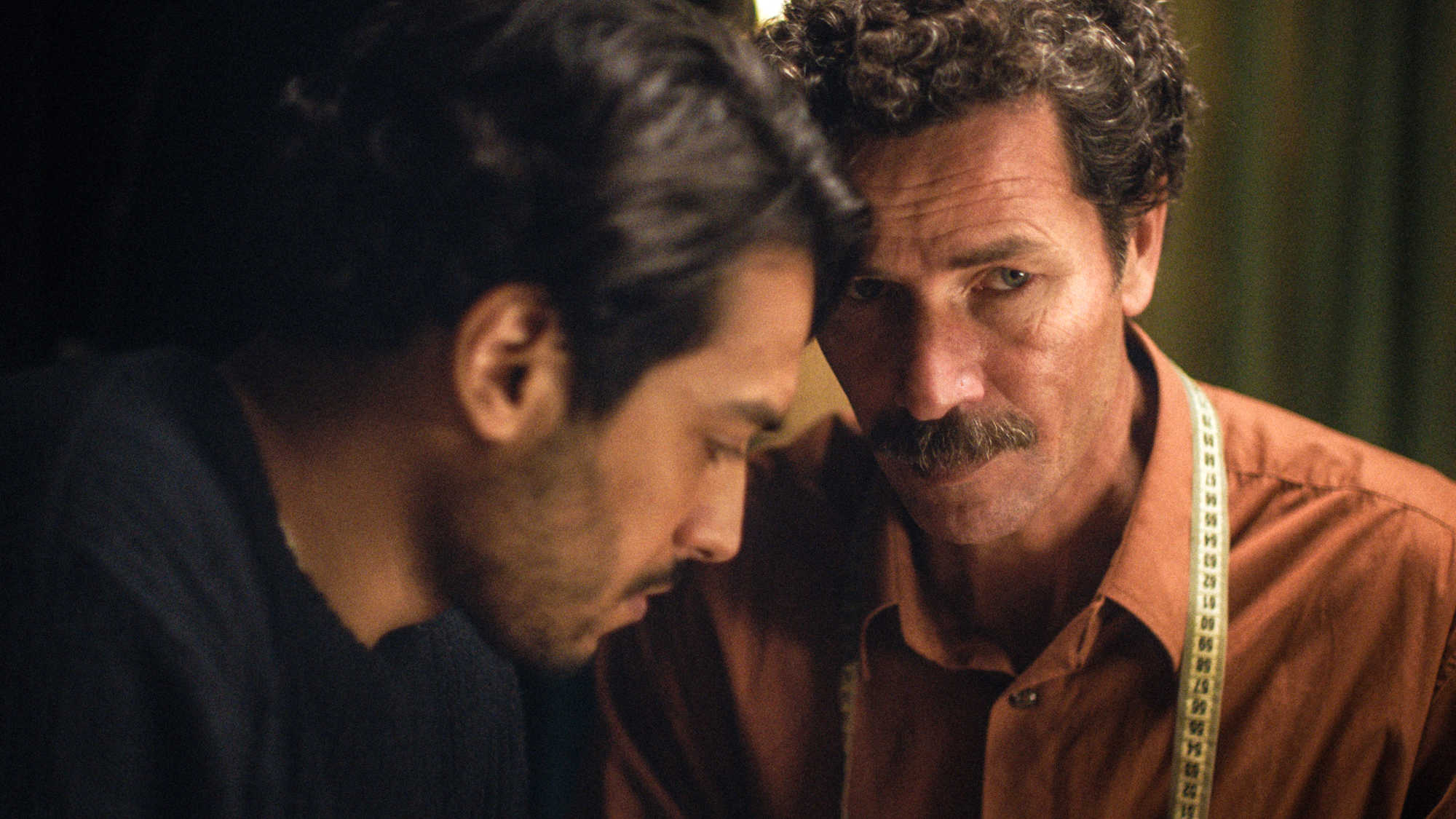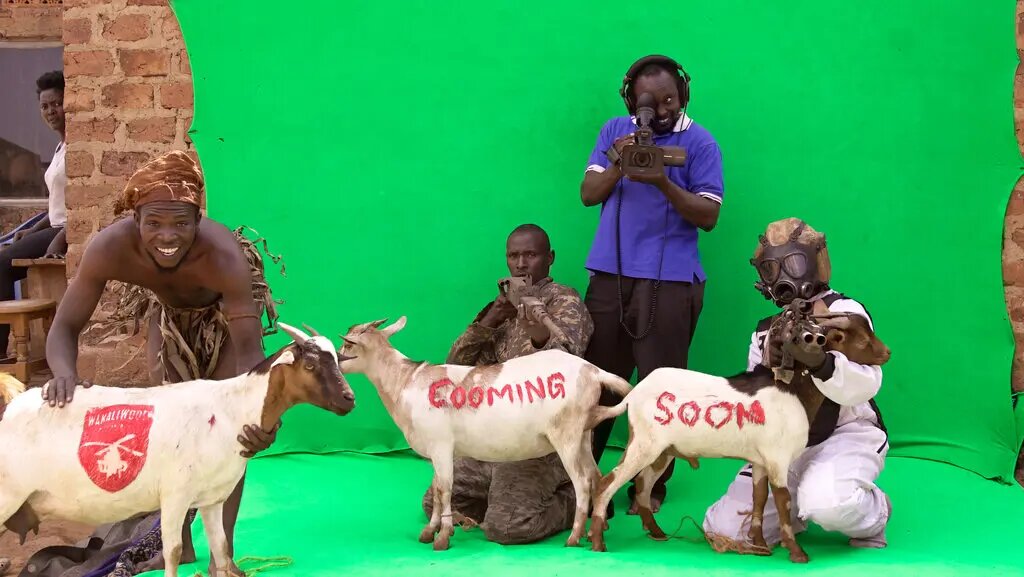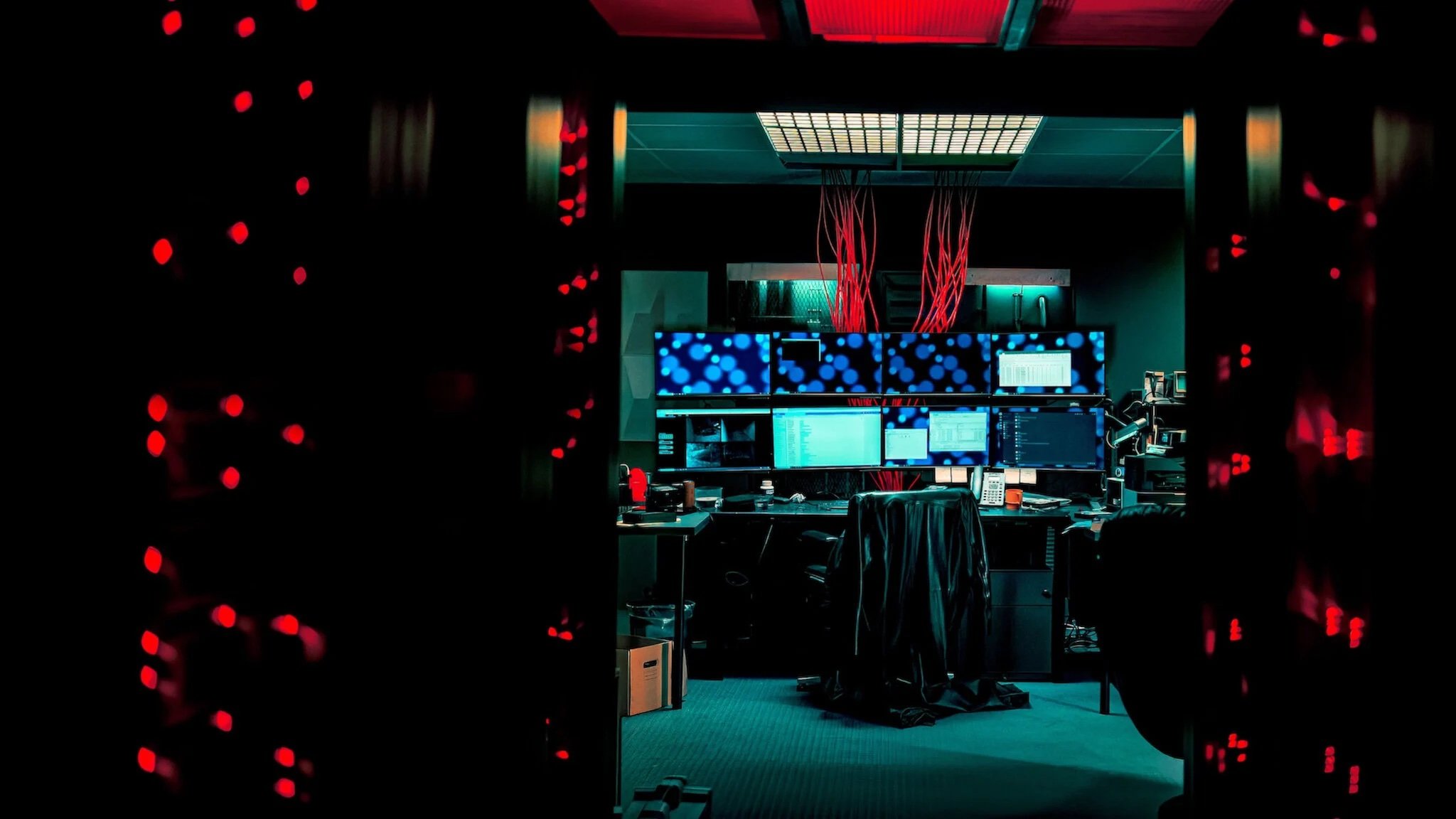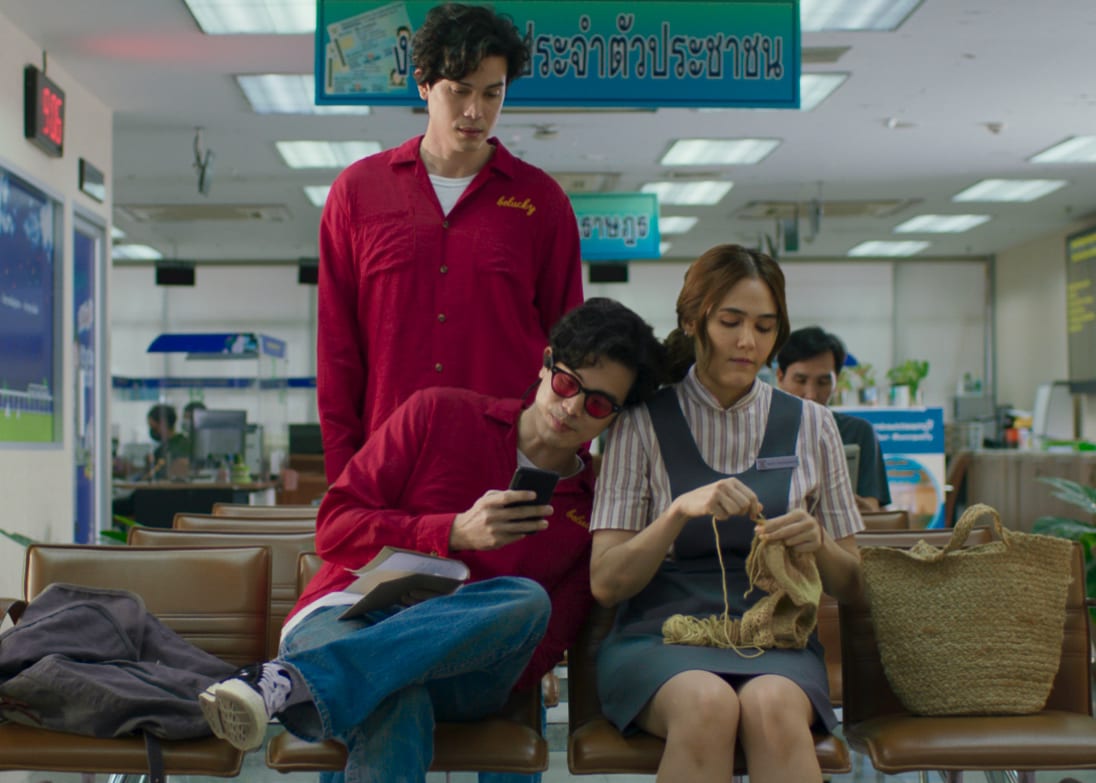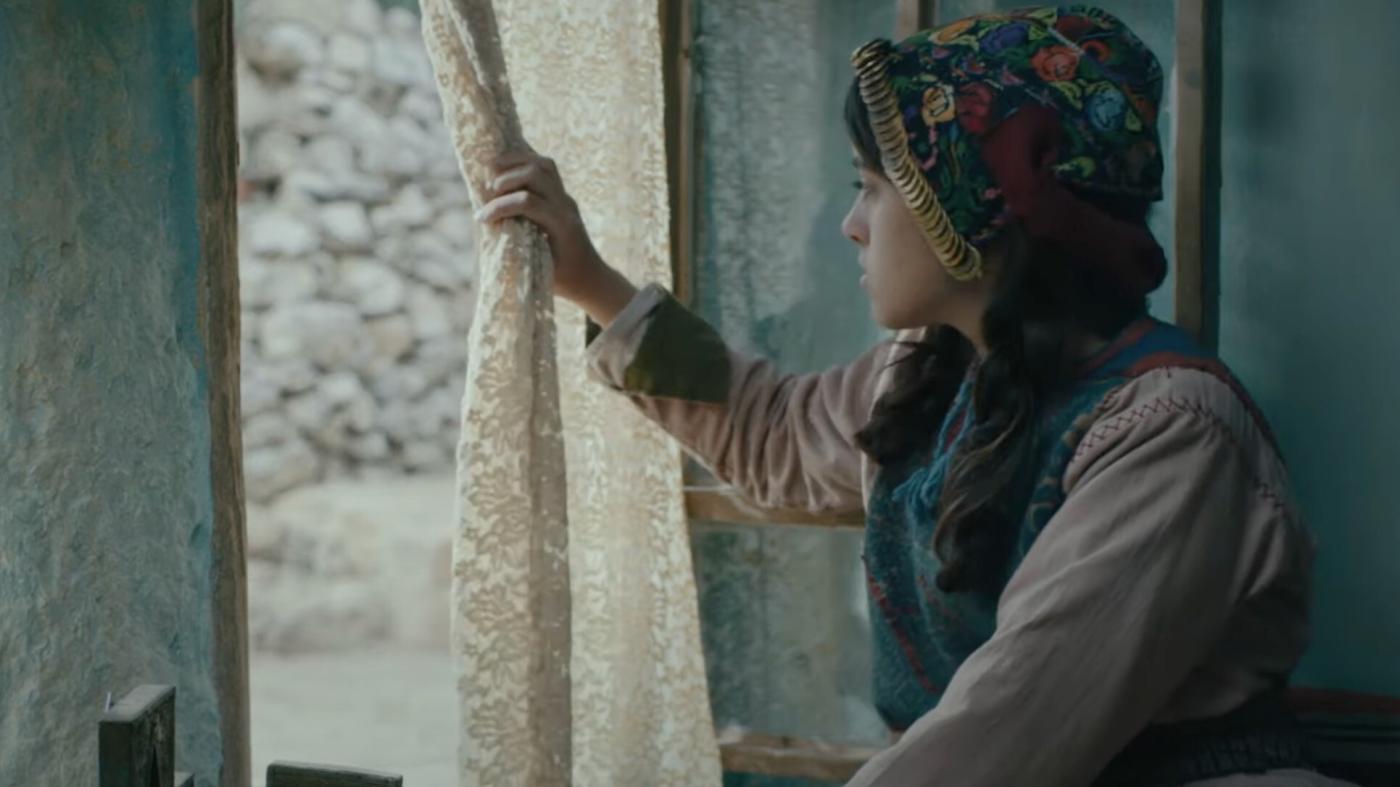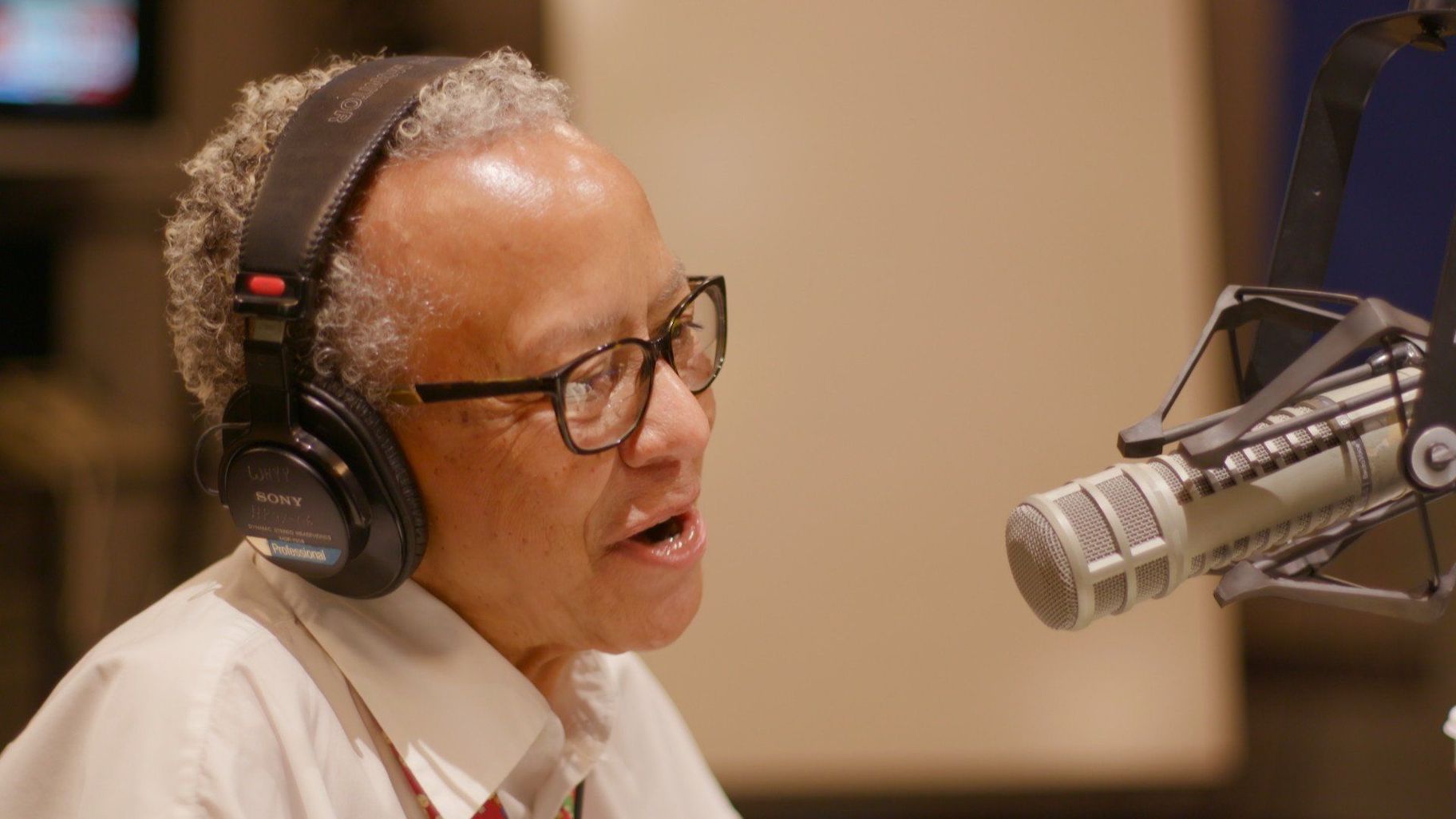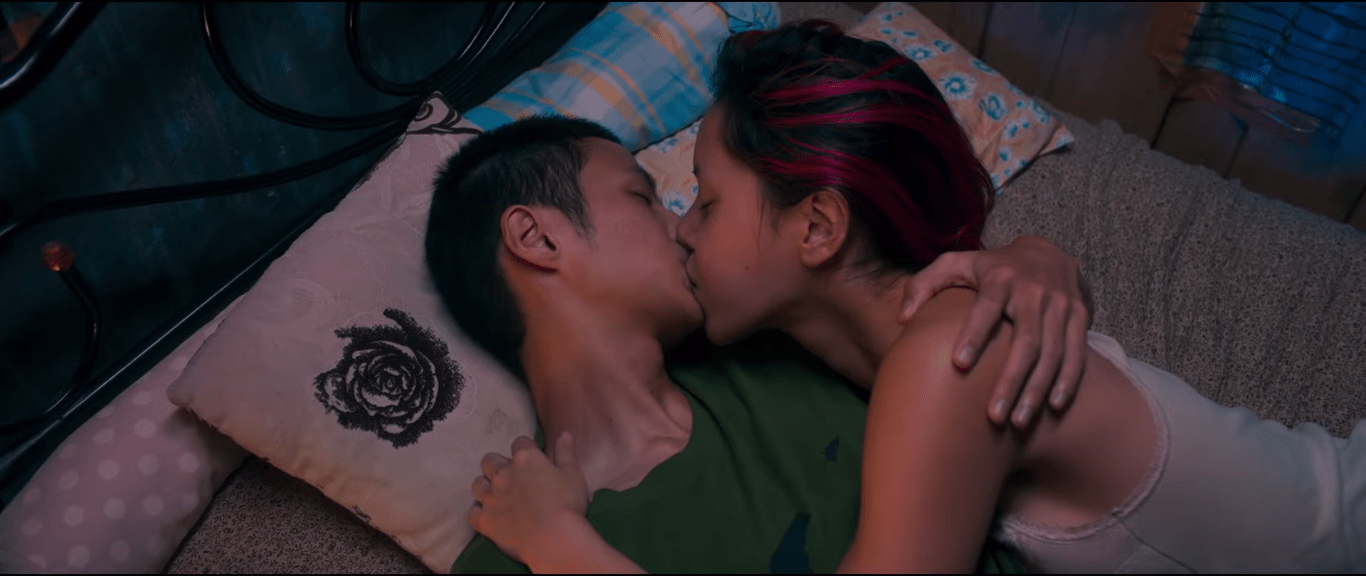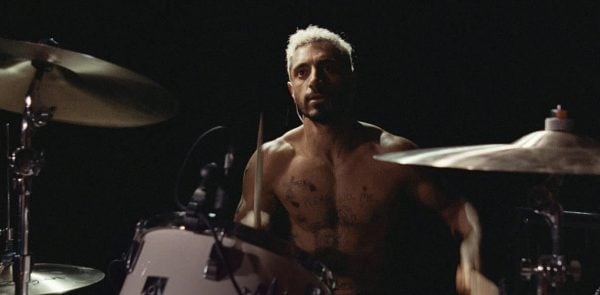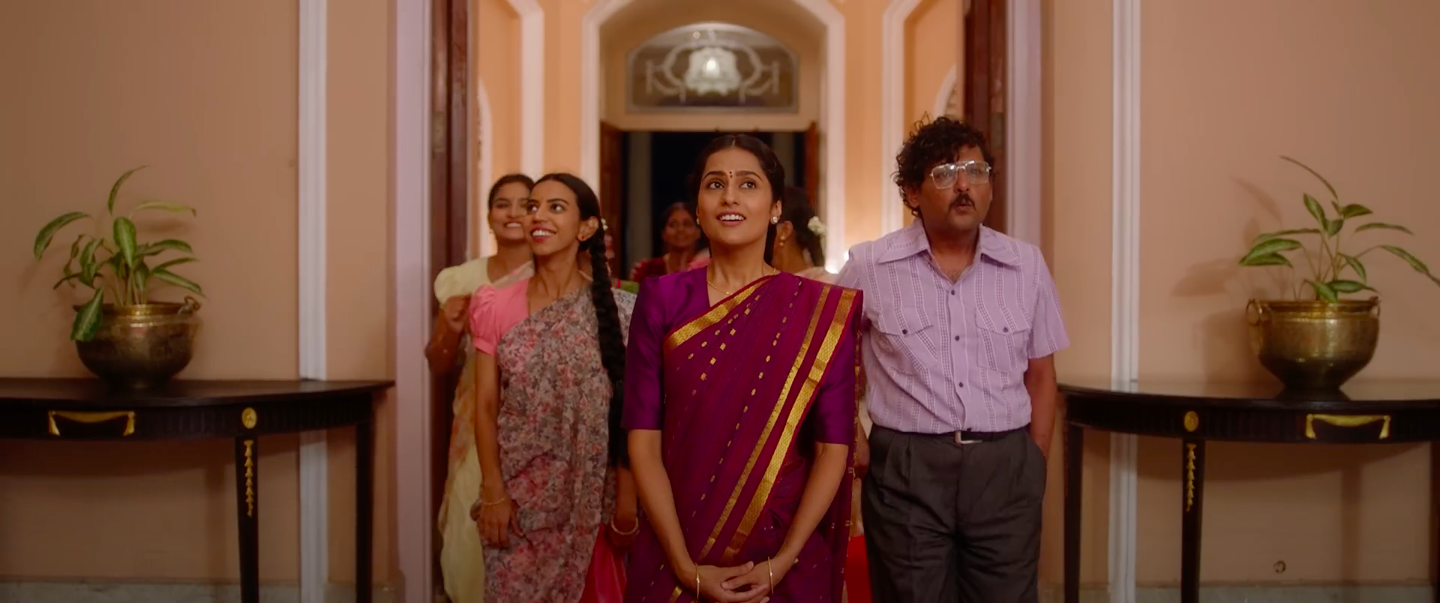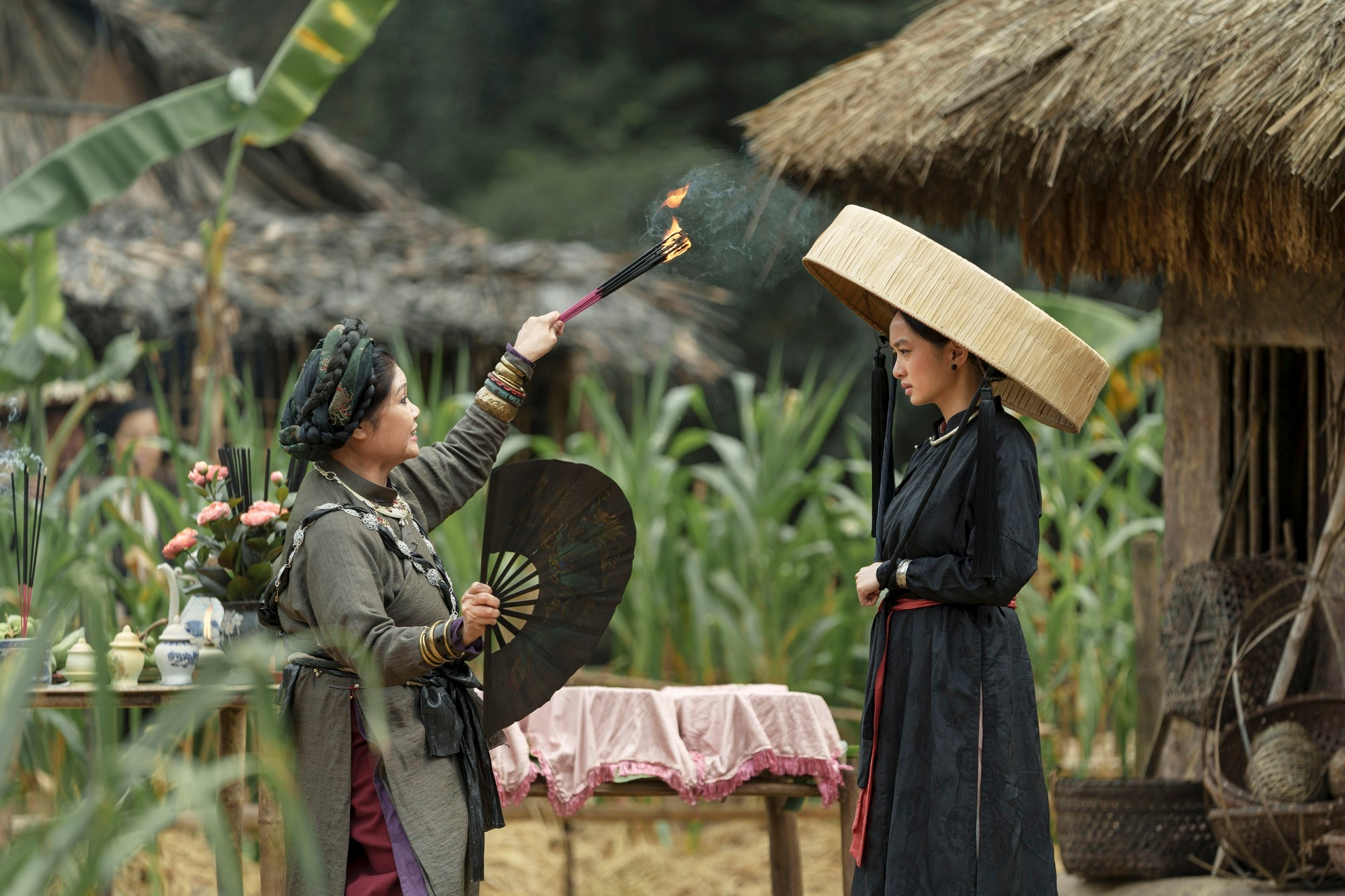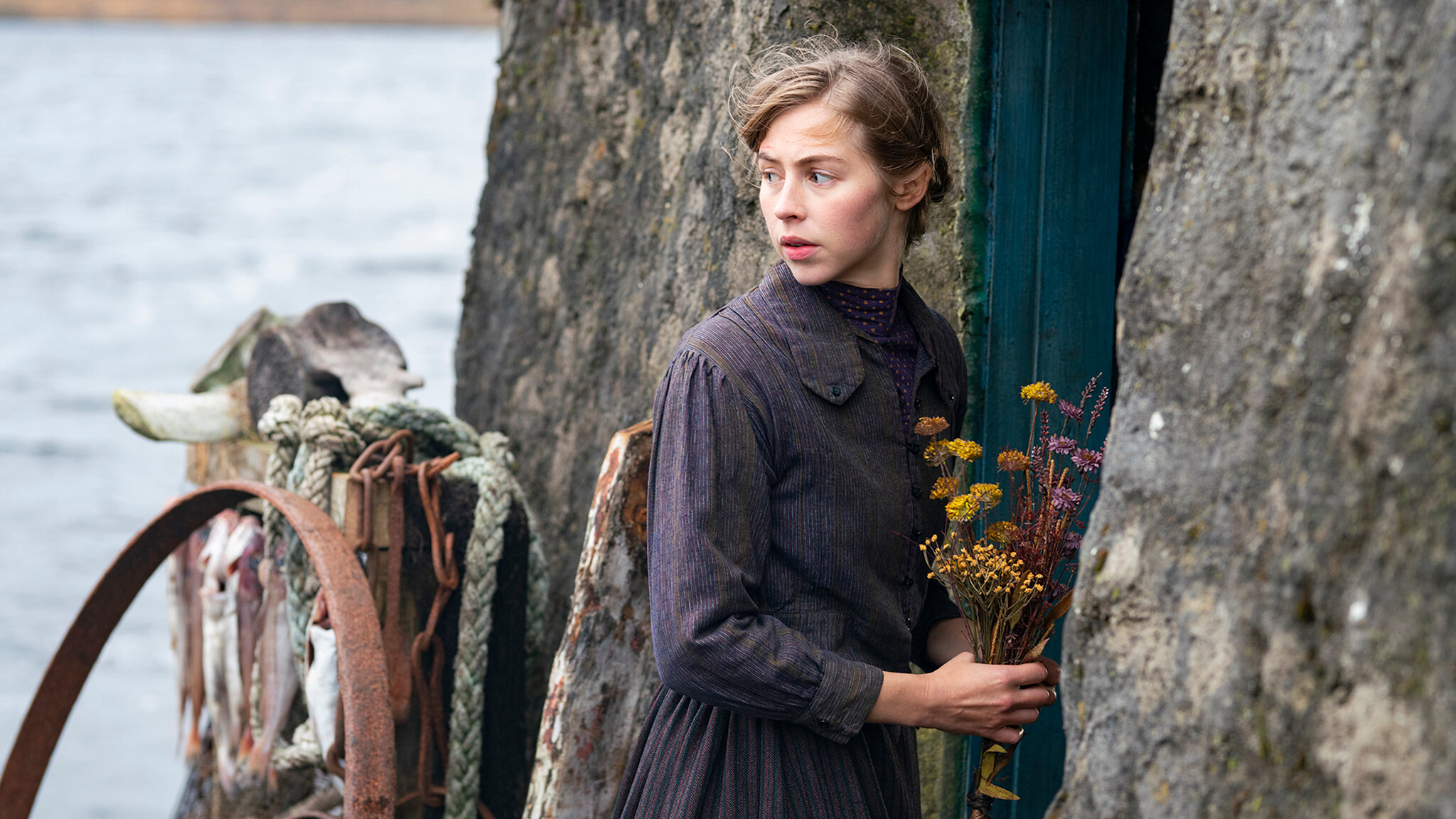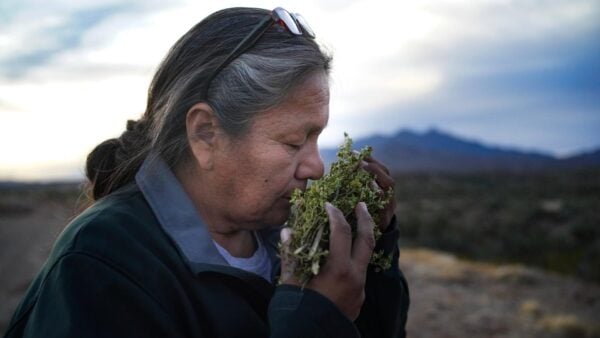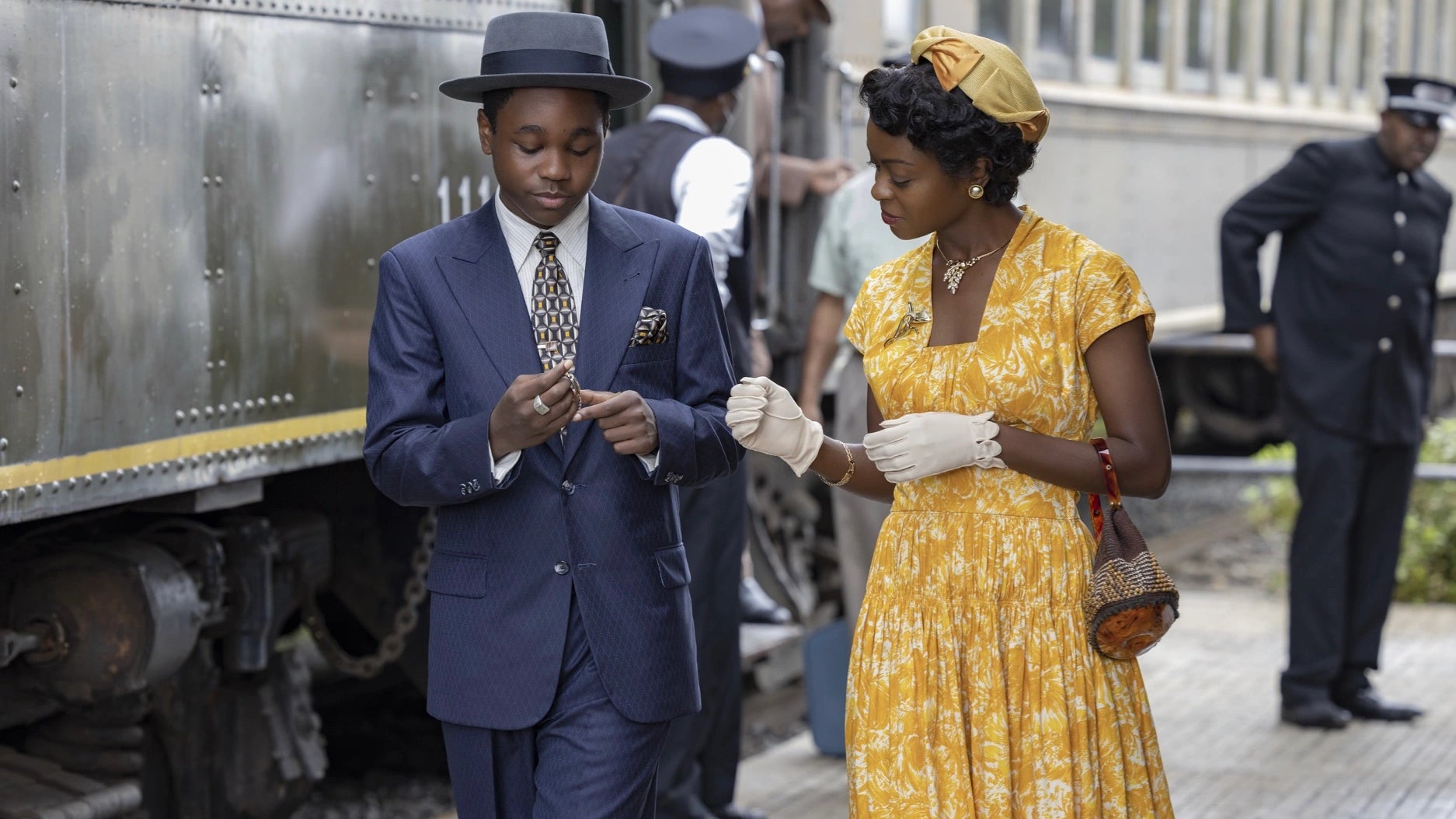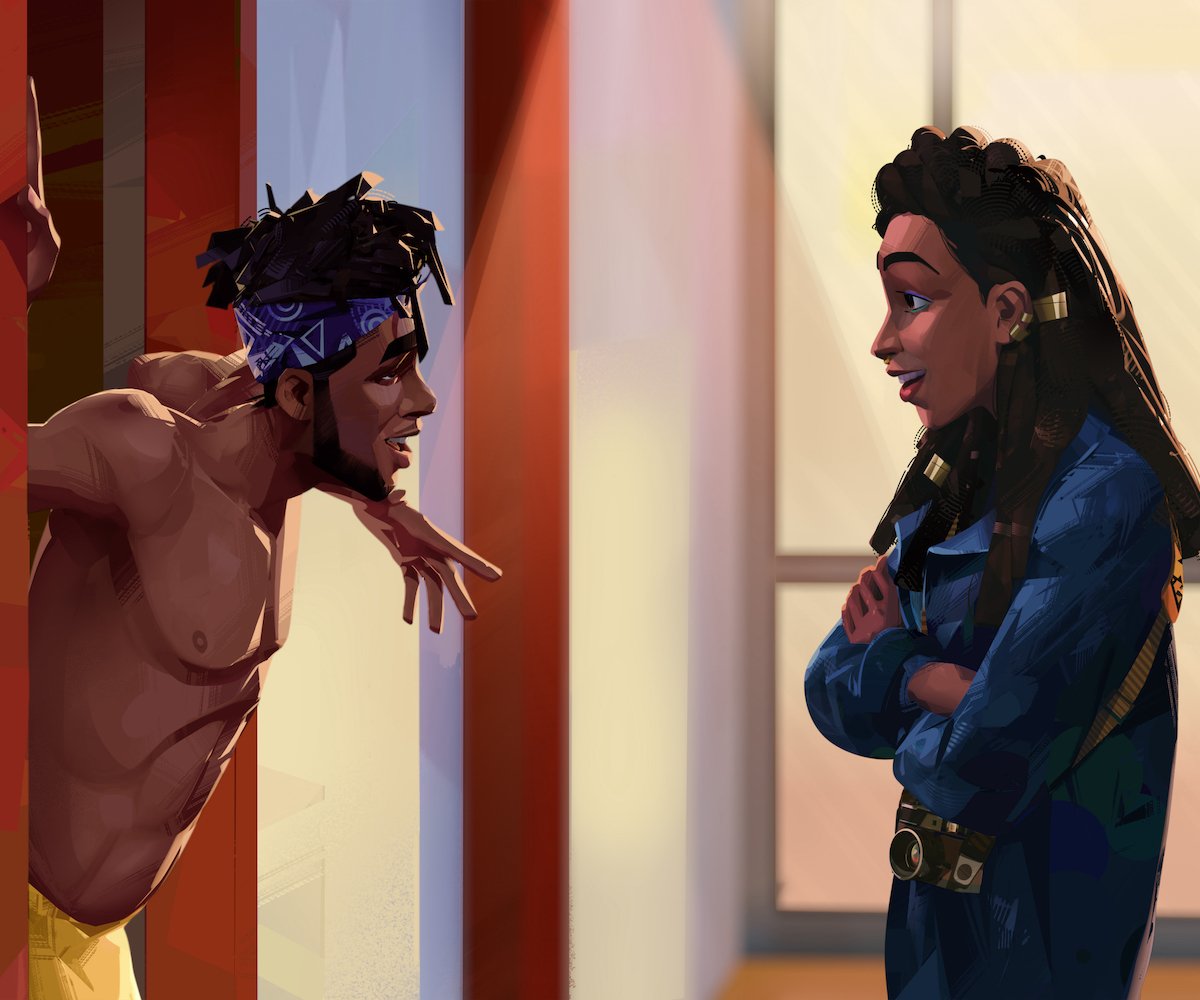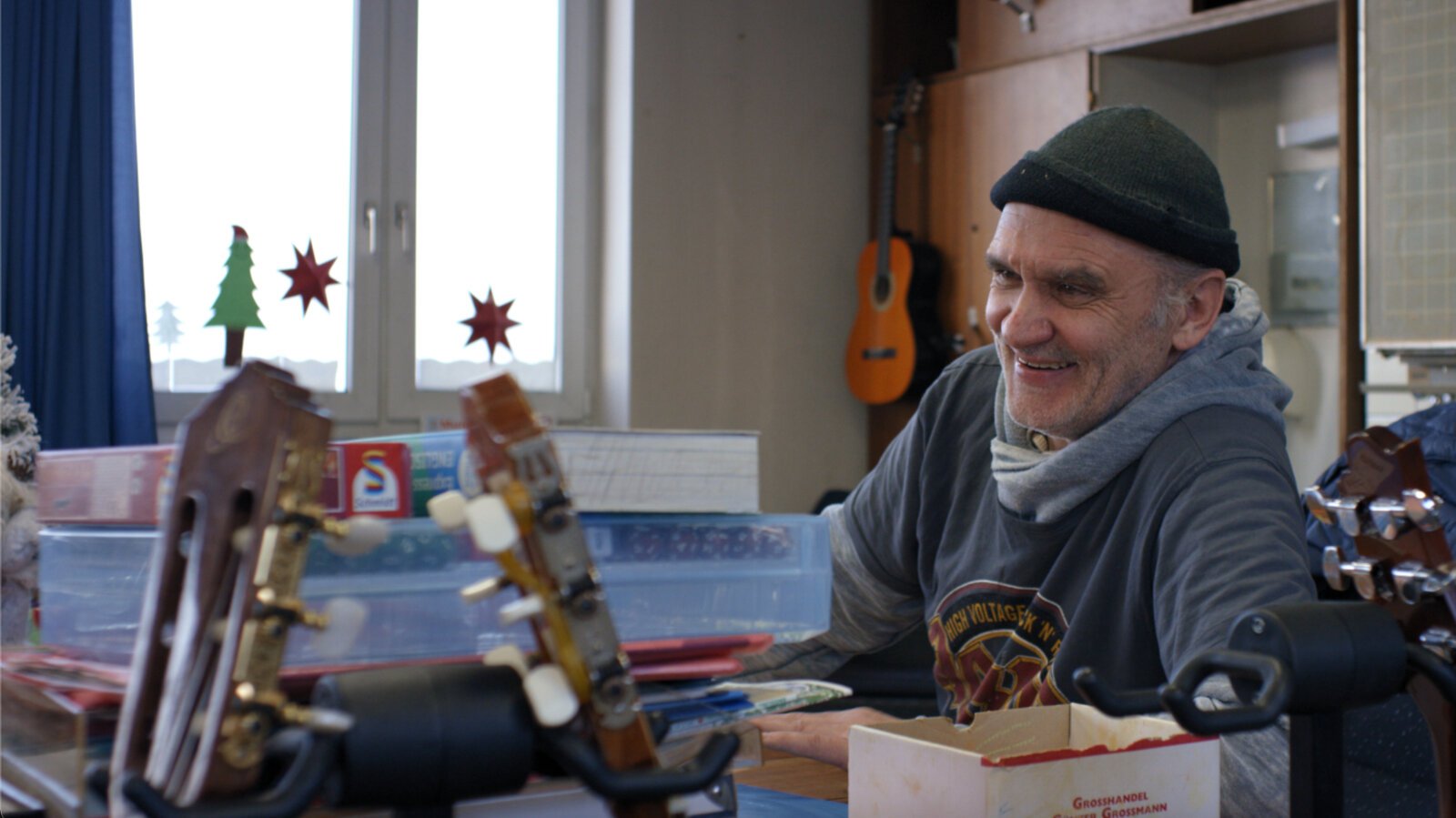Movies Like Spider-Man: Into the Spider-Verse (2018)
For the longest time, television seemed to be the antithesis to reading– part of that belief still lingers to this day. However, just before the turn of the millennium, there was a show that didn’t find itself opposite to it, instead, it wanted to be its ally. That show was Reading Rainbow. Butterfly in the […]
Frida Kahlo is an iconic Mexican painter, not just because of her outstanding art, but also because of her outlook in life, despite her ill health and tragic accident. Because of this, she has been talked about in multiple books, movies, and exhibitions, but a new documentary has popped up, this time from her own […]
The concepts of roads not taken and domino effects have received plenty of cinematic attention in their showier forms by way of multiverse comic book movies and dimension-hopping films like Everything Everywhere All At Once. But, though there’s no hint of sci-fi in Past Lives, Celine Song’s gentle film can count itself as one of […]
Abel Ferrara’s protagonists have always searched for higher meaning in a flawed, messed-up world of pain and violence. If 1992’s Bad Lieutenant took Harvey Keitel to church for one of American indie cinema’s most spectacular endings, Padre Pio doesn’t offer such solace. Ferrara (who’s been living and working in Rome for years now) teamed up […]
Giannis Antetokounmpo’s rags-to-riches life story is the stuff of movies, and indeed it’s been told many times on print and screen. But this is the first time he and his family are telling it themselves, which is a big deal since Antetokounmpo, as it turns out, is inseparable from his family. Their revealing interviews about […]
After years of documentaries covering Thailand’s controversial issues, some of which have been temporarily banned by the Ministry of Culture, Nontawat Numbenchapol takes a step into feature film in Doi Boy. The plot covers plenty of the topics he’s previously depicted– immigration, prostitution, and corruption– but it unfolds naturally into a slow-paced, but moving drama […]
Being an awkward comic is a very difficult trick to pull off; even self-deprecating humor and long, quiet beats in between jokes can’t just be used over and over. But while Ralph Barbosa’s incredibly chilled-out personality might not be for people who like their comedians loud and animated, his matter-of-fact punchlines and willingness to make […]
With a title like this, it was expected that Do Not Expect Too Much from the End of the World would be critical of today’s current circumstances, but the film takes a more startling approach. Radu Jude’s longest narrative feature is a day in the life of a disgruntled, underpaid production assistant, and as she […]
Upon learning that three young members of their family will soon lose their ability to see, parents Sébastien and Edith Pelletier decide to travel around the world to tick off things from their children’s bucket list. That list alone, which includes drinking juice atop a camel and seeing Mount Everest, makes for an adorable watch […]
To Kill a Tiger should not be an easy watch. It’s about the gang rape of 13-year-old Kiran, a girl whose small village has shunned and blamed her for “not knowing better,” and who is being forced by community leaders to marry her abuser to “erase the stain” on herself. But instead of leaning on […]
The Bloody Hundredth was produced as an accompaniment to fellow Apple TV+ production Masters of the Air, and it shows. In writing and editing, it doesn’t feel grand enough to stand on its own despite having big stars like Tom Hanks and Steven Spielberg come in and lend their presence. That said, it’s still a […]
For a romantic comedy with a fairy tale premise (a star falls in love with a regular person, and a much older one at that), The Idea of You is surprisingly relevant. It interweaves its romance with discussions of ageism and sexism, making it more self-aware than other movies in the same genre. But with […]
Documentaries about musicians — or anyone famous, for that matter — are often mythologizing puff pieces, essentially feature-length airings of PR material. But Against All Odds has more to it than flattery. It chronicles the rise of Australia’s first drill rappers, five young men of Samoan origin who soared to fame from their disadvantaged Sydney […]
Led by Rosy McEwen’s commanding performance brimming with fear and self-loathing, Blue Jean pours all of the anguish and defiance felt by the LGBTQ+ community under Margaret Thatcher’s administration into a single character. Writer-director Georgia Oakley keeps her plot light, but through conversations with other beautifully portrayed queer women (especially those played by Kerrie Hayes […]
Partially based on the 860-page memoir, “A White House Diary”, and on the actual audio recordings Claudia Alta Taylor Johnson made during her time as first lady, The Lady Bird Diaries is an intimate reworking of a past we still know very little about. Told from the vantage point of First Lady Johnson candidly and […]
It’s easy to classify Destroy All Neighbors as B-movie schlock; it unabashedly pays tribute to the low-budget comedy horror movies that pervaded the ‘80s. But it also feels too good for that. Elevated by funny bits, easy chemistry, solid production design, and a lightweight but easygoing script, Destroy All Neighbors never really wastes your time. […]
Like people, places have things that change and things that remain the same. Most of us keep our thoughts about our hometowns to wistful conversations and the recesses of our memory, but Brazilian director Kleber Mendonça Filho instead captures Recife in Pictures of Ghosts. It’s a meandering tour, shifting from topic to topic, place to […]
Set in one of Morocco’s oldest medinas, Blue Caftan is a tender portrayal of pure love and the different forms it takes. It follows traditional tailor Halim (Saleh Bakri) and his wife Mina (Lubna Azabal) who, despite their imperfect marriage, prove their affection in small but moving ways. He peels tangerines for her and washes […]
If you’re familiar with the upscale Chinese restaurant chain owner, or that Chinese boy in old 60s British films, or with his paintings, Aka Mr. Chow might surprise you because they’re one and the same. Born with two names, Zhou Yinghua and Michael Chow, Mr. Chow is just so cool that telling his life story […]
If you were on the Internet around 2015, you might be familiar with the viral phenomenon that is Wakaliwood, a “slum” neighborhood of Kampala, Uganda from where self-taught director Isaac Nabwana churns out bombastic DIY action comedies. Though they rack up online views in the millions, Isaac’s low-budget films weren’t money-makers due to a lack […]
If you’re expecting a twisty and thrilling look at a dangerous group of hackers who hide deep within a military bunker in Europe, and who refer to their entire operation as “straight from a James Bond movie,” then you might be disappointed with Cyberbunker, a dragging documentary that relies too heavily on talking heads for […]
While marketed as a family drama, Long Live Love! plays out more like a romance film between parents Sati and Meta. Where Meta has dived in, and accepted her role as a wife and mother, former model Sati still clings to the immature lifestyle he’s used to, to the glimmers of fame that he used […]
Sophie Compton and Reubyn Hamlyn’s British-American documentary about the harm of deepfakes won the SXSW Special Jury Award for its innovative storytelling and deservingly so. The two filmmakers use a clever and considerate way to let a young woman fictitiously named Taylor share her story of how she found deepfake pornography of herself online. With […]
Based on a true story, Darin J. Sallam’s controversial debut feature Farha is, at heart, a brutal coming-of-age film. Set in 1948, the film is about a girl who gets locked into her family’s storeroom at the start of the Nakba, the Palestinian Catastrophe. Sallam’s choice to limit most of the film’s perspective to that […]
To call Going to Mars a somewhat shapeless documentary isn’t a criticism. If anything, its flexibility of structure feels entirely appropriate for the woman at its center, who doesn’t necessarily defy categorization so much as she remains on the pulse of history as it continues to shift in unexpected ways. Nikki Giovanni is a person […]
There’s a sense of disconnectedness in RedLife, as the film isn’t centered on one storyline, but rather two storylines that at first don’t seem connected. Ter, a young snatcher, marries a sex worker named Mild, while Som is a student who aspires to escape her prostitute mom’s poverty, especially after she falls for the more […]
Ahmed plays Ruben Stone, a heavy metal drummer, who plays in a band and lives in a tour bus with his girlfriend Lou (Olivia Cooke). Quickly after meeting the couple, we witness the touring musician drastically losing his hearing. As recovering addicts with little financial means, they soon run out of options. Lou desperately wants […]
Though it begins with the catfishing and hacking incident that affected thousands of Tegan and Sara fans, not to mention Tegan herself, Fanatical dips into the more general topic of fandom and explores both the good and bad of it. Tegan and Sara make for an excellent case study for two reasons. One is that […]
With elaborate sets, musical numbers, and an ensemble cast, Aachar and Co doesn’t feel like a regular budget-bound debut feature. In fact, director Sindhu Sreenivasa Murthy, who also stars as Suma, pulls off this family drama with a whimsical yet period-accurate, Wes Anderson-esque style. This style keeps the film’s nostalgic and lighthearted tone, even as […]
Surprisingly dramatic for a documentary but without exoticizing its central characters for a privileged audience, The Territory is that rare film that rightfully portrays indigenous peoples as living firmly in the present. In their continuing struggle to protect their land and culture, the Uru-eu-wau-wau people of the Amazon may be vulnerable, but they aren’t helpless. […]
Like its governor having many wives, The Last Wife has too many elements left unsatisfied. To its credit, it has lovely scenery, costumes, and set design that matches the era. With Linh forced into a marriage to pay off her father’s debts, reuniting with a childhood love, the film also had the erotic potential of […]
One of the worst aspects of war in general is that it always interferes with the hopes and dreams of the people that are living through it. The Road Dance depicts a small Scottish village in World War I, and a woman whose plan had been interfered with. It’s a bleak story, one that’s been […]
This insightful and uplifting documentary is about a growing movement within indigenous communities: obtaining food sovereignty by going back to pre-genocide ways of cultivating food. The violent changes that have affected indigenous communities don’t impact just the people, but also the animals, the fish, and the land. All of these are now bearing the brunt […]
Till is a very political film. It’s charged with the kind of rage and electricity that enables thousands to mobilize for a cause. But before it explodes into something grand, it begins with the small details of everyday life. A mother admires her son as he dances to his favorite song. She buys him a […]
Entergalactic, a vibrant animated romcom from the mind of musician Kid Cudi, follows new neighbors Jabari (Cudi) and Meadow (Jessica Williams) as they navigate their way through the ups and downs of modern love. They’re both established artists at the height of their careers, but when it comes to romance, they’re still scraping for lessons, […]
By remaining totally committed to its quiet, drama-free, observational style of documentary filmmaking, Mr. Bachmann and His Class ends up teaching us a whole lot about the way we view educational spaces and difficult students as well. While the titular German teacher is mainly there to teach language, the way he patiently handles disagreement and […]
























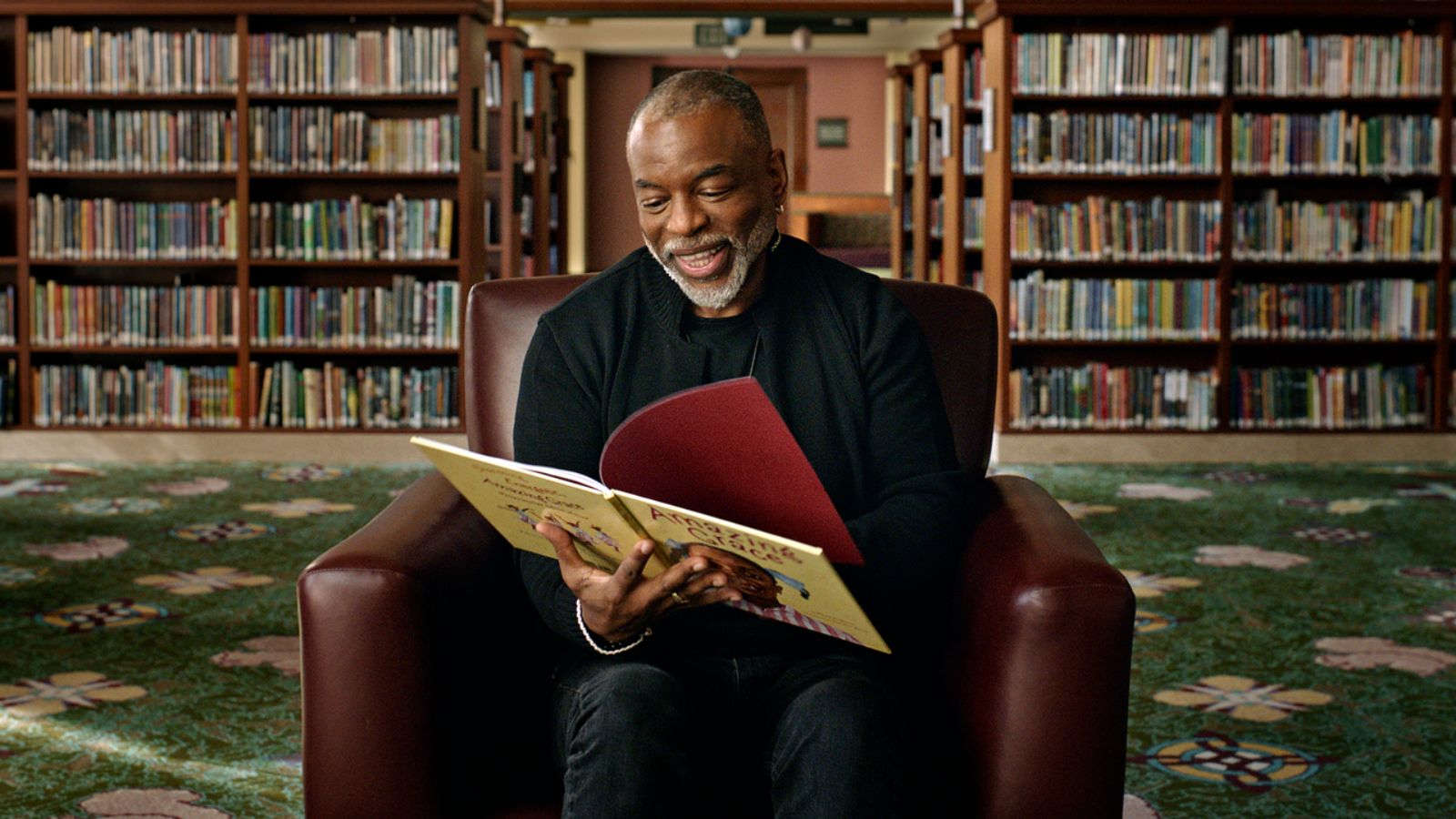
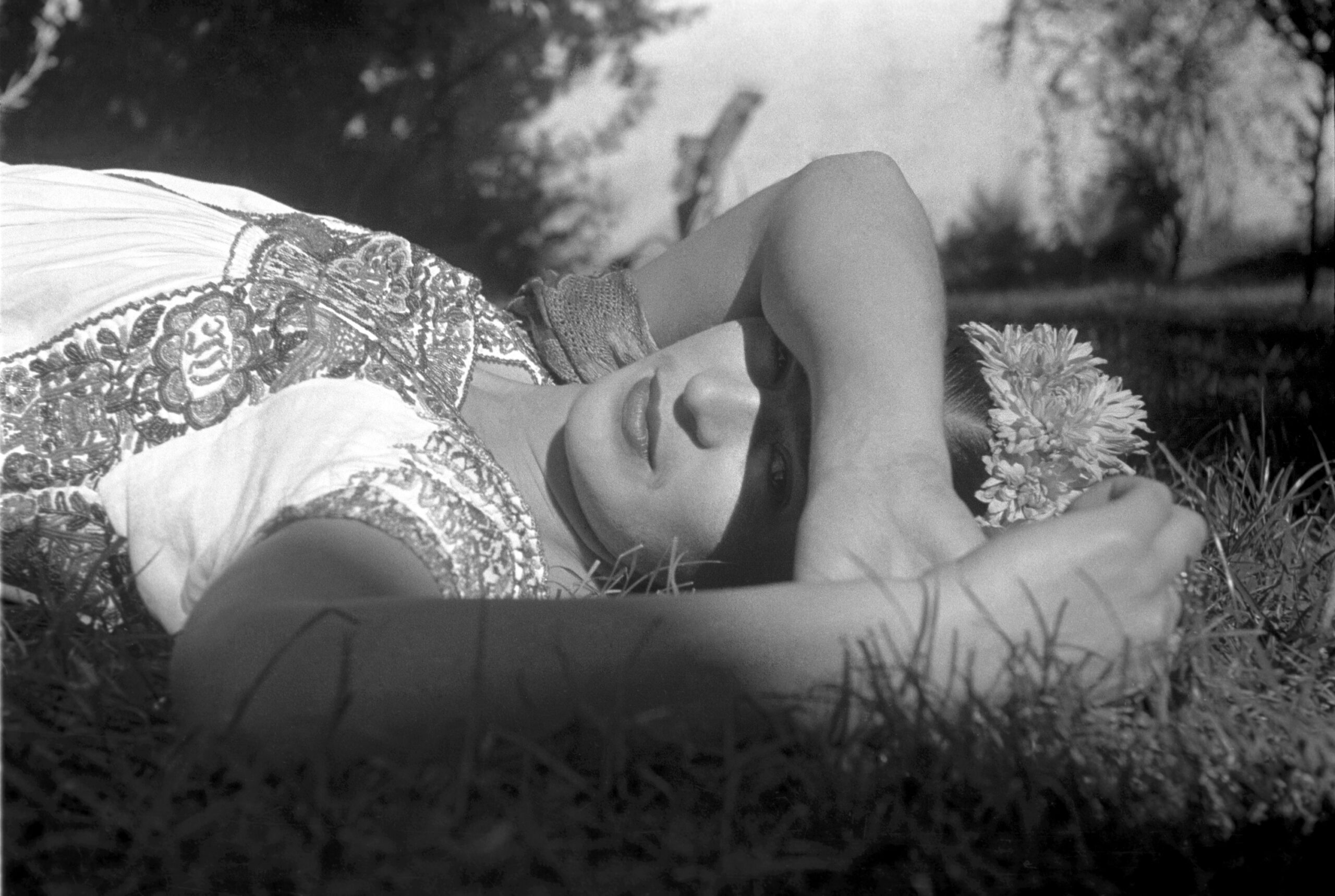
 x6
x6 x10
x10